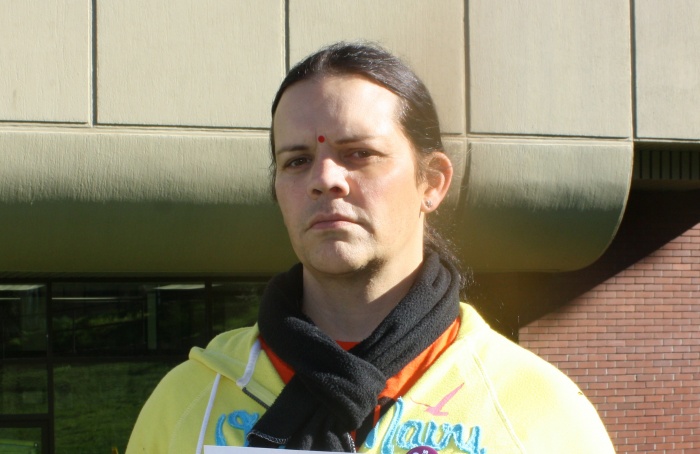
Camosun College’s Women’s Centre Those involved with the Trans* Day of Remembrance (TDOR) have reached out to the community of Victoria to create more than just a vigil for TDOR. To combat transphobia and violence against transgender people, the committee is hosting a memorial with an added open mic session to provide a voice to the oppressed. The focus of the event is to recognize and celebrate transgender identities and build community support.
TDOR, observed annually on November 20, was created to recognize the murder of Rita Hester in 1998. The yearly vigil now commemorates not only Hester, who was killed in Allston, MA, but all who have been victims of anti-transgender violence. This year, the TDOR event offers more of an accessible discussion rather than a silent vigil.
Besides a November 20 vigil from 5-6:30 pm in the Cinecenta theatre at UVic, the Camosun College Women’s Centre is also involved with there will also be an earlier vigil and discussion on November 16 from 1Đ3 pm at the AIDS Vancouver Island office at 713 Johnson Street.
“We shouldn’t be concerned about the formalities of date and time,” says Camosun College Student Society women’s director Daphne Shaed, explaining that the Saturday afternoon event will be accessible to a greater number of people.
Shaed sees TDOR as an opportunity to network within communities to have discussions, not just a pragmatic vigil with a moment of silence, after which everyone breaks apart.
“Actions I do to better social circumstance are honouring those people who have been taken from us through violent, tragic means,” says Shaed. The upcoming event has been organized in the hopes of creating action fro0m increased awareness, expression, and discussion, she says.
Event volunteer Tryce Blion expresses concern over whether activists have enough discipline to implement the action needed for change.
“It comes down to follow-through after hype,” says Blion. Blion reflects on past students who were valuable assets to the transgender cause, but, after completing the research that they needed, left. There is a strong need to establish a sustainable community network.
“We put money into all sorts of things,” notes Blion. “Why not a trans-economic action plan?” Many transgender individuals are cut off from their families. Alongside the costs of living, there are additional costs of surgery and time off from work for that surgery. Tryce suggests an initiative to financially aid these individuals.
Shaed says the TDOR event is of utmost importance for educating current students and creating change through future professionals.
“Violence happens because others are trying to bully or police people into traditional gender roles,” says Shaed.
The key to preventing social policing is to identify with those people who are being repressed, she says.
“If you have an understanding of the wider diversity of people,” says Shaed, “you have given yourself the essential tools to protect and defend other people’s basic rights and human rights in workplaces and social circles.”
